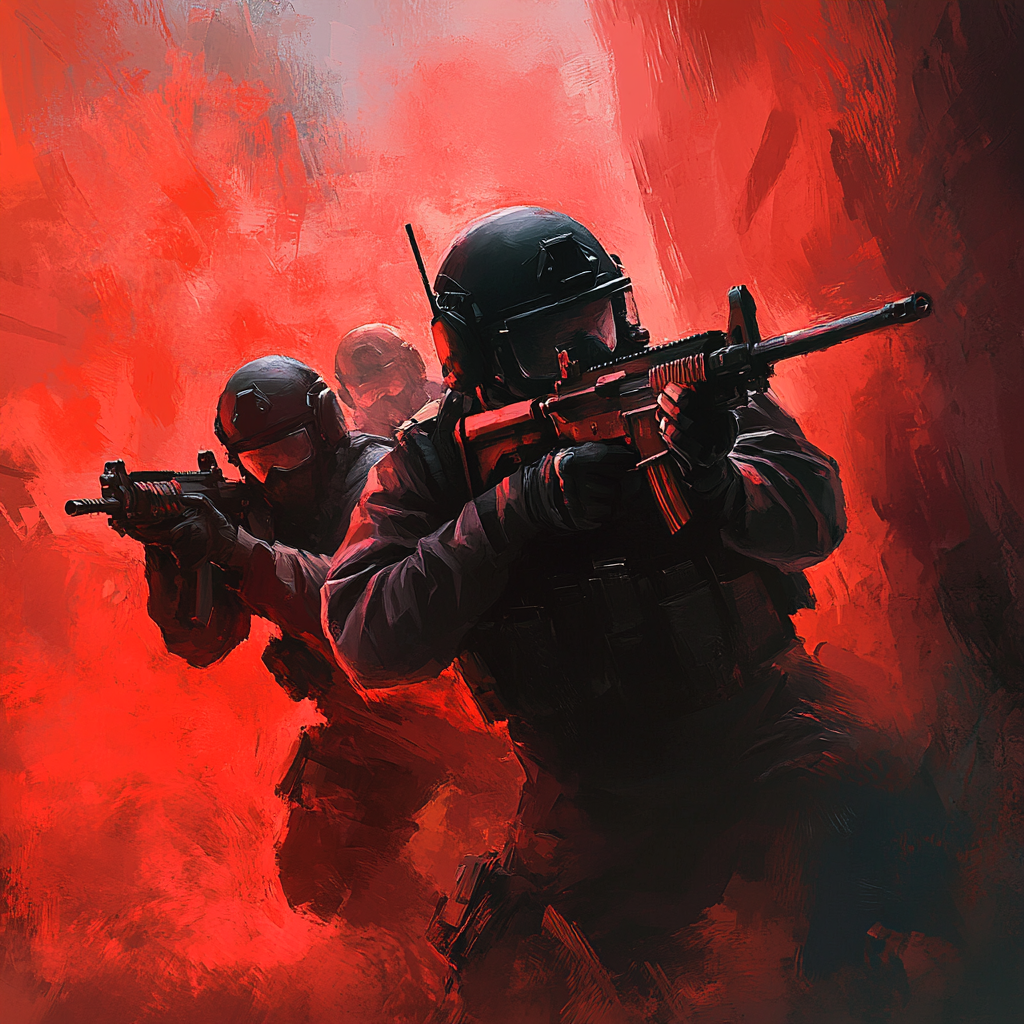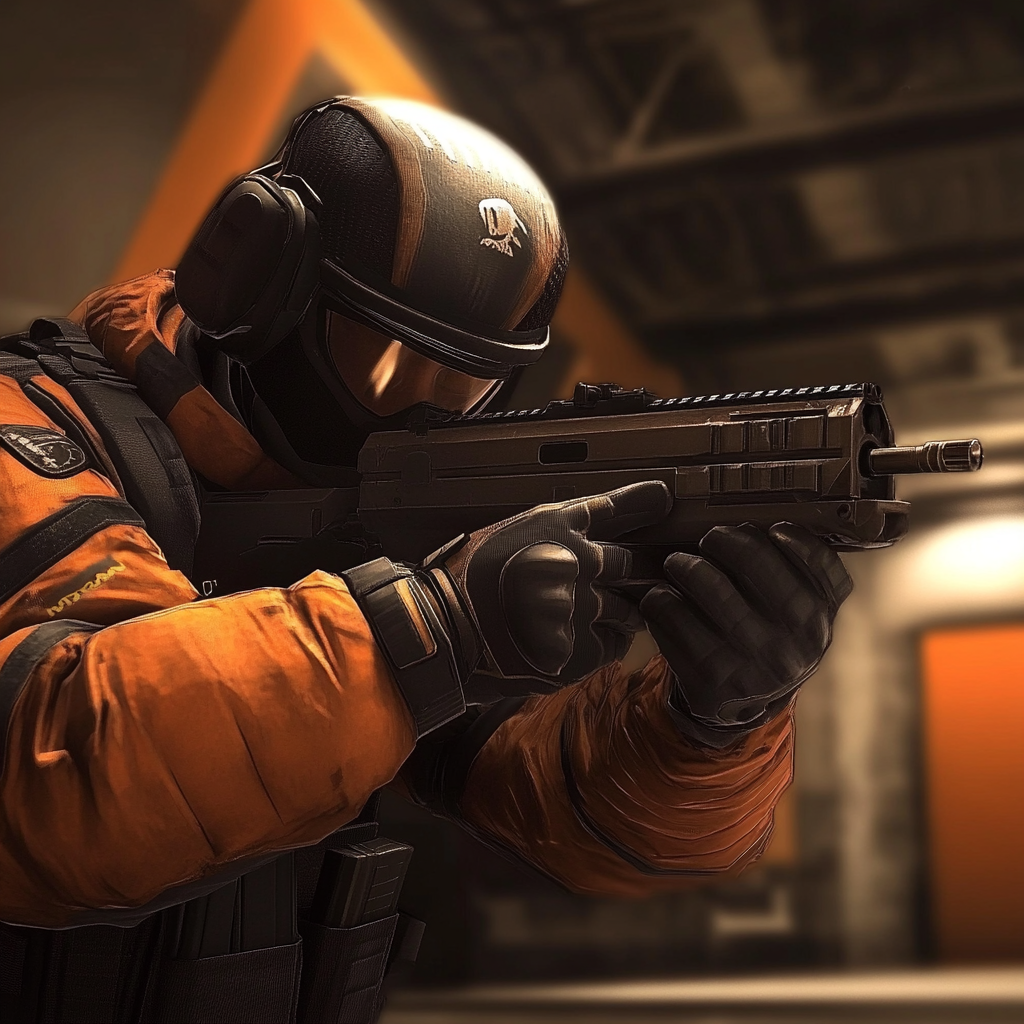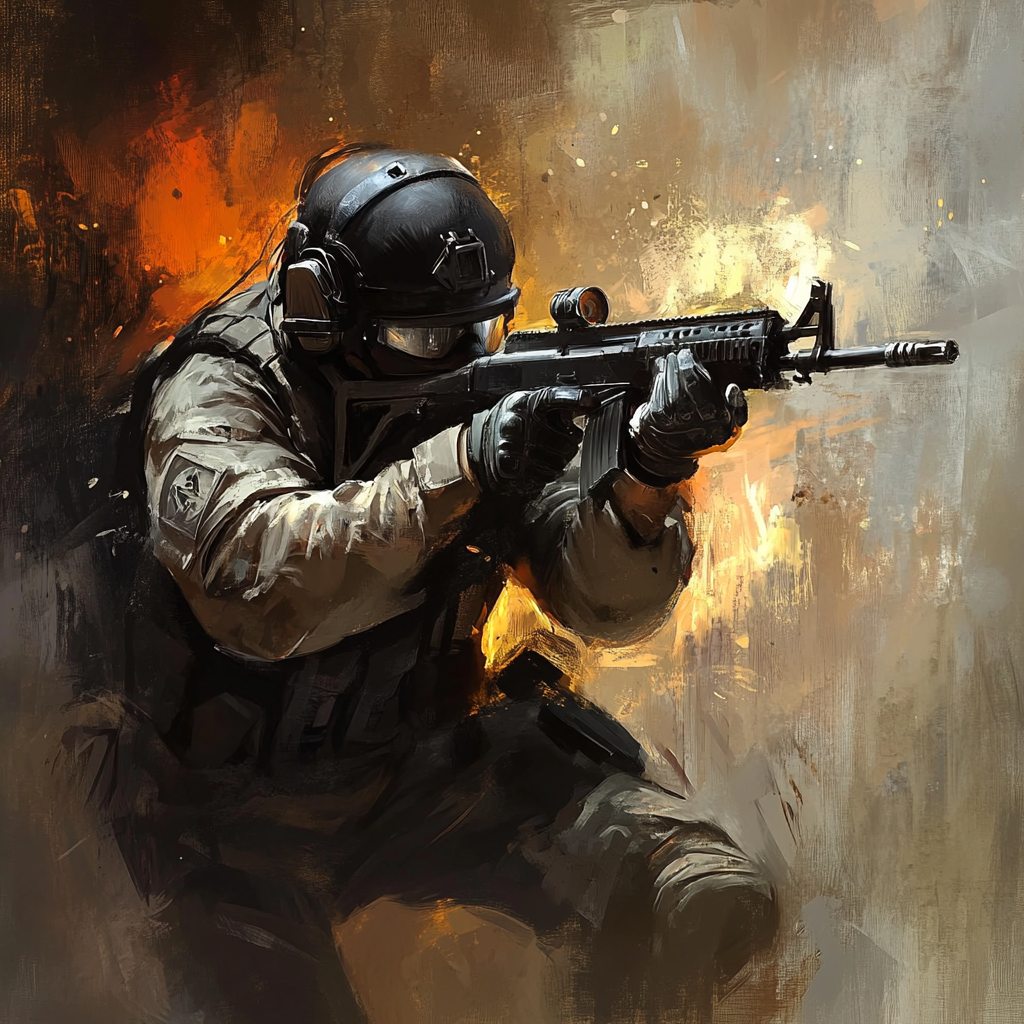In a perfect world, every Counter-Strike team would operate like a well-oiled machine — five players with good communication, shared goals, and mutual respect. But in reality? Toxic teammates are everywhere, and learning how to deal with them is as important as learning spray patterns.
Toxicity can appear in many forms: blaming others, throwing, screaming over comms, going AFK, or simply creating a negative atmosphere. If left unchecked, it spreads fast — and can ruin matches before the first round even begins.
Why Toxicity Happens in CS Matches
Toxic behavior is usually triggered by a combination of:
- Frustration over losing or bad plays
- Ego and inability to accept mistakes
- Poor communication or cultural/language clashes
- Lack of accountability due to anonymous queues
In games with high stakes and intense emotions, like CS2, pressure often brings out the worst in people — unless they’ve learned to manage it.
The Domino Effect of Negativity
Toxicity doesn’t just impact morale — it directly affects performance. Here’s what typically happens when one player turns toxic:
| Behavior | Impact on Team |
|---|---|
| Blaming others | Creates defensiveness, kills focus |
| Yelling in voice chat | Disrupts communication and teamwork |
| Giving up (AFK, griefing) | Removes coordination and chances to win |
| Mocking or sarcasm | Makes others stop trying or playing seriously |
A bad attitude can be more dangerous than bad aim.
Strategies for Dealing With Toxic Teammates
Here’s what experienced players (and even pros) do to defuse toxicity:
1. Stay Calm, Always
Responding with emotion just adds fuel to the fire. Stay cool. Speak slowly and with purpose. Show that you’re focused on winning, not arguing.
2. Don’t Engage in Arguments
You won’t win a flame war mid-match. Instead, use short, neutral phrases like:
“Let’s just focus.”
“We can still win this.”
“Let’s reset and play smart.”
3. Use the Mute Button Wisely
If someone becomes too disruptive, mute them — but keep them unmuted for key info if possible. Some players become less toxic when ignored.
4. Take Leadership (Even as a Stranger)
Often, toxicity comes from a lack of leadership. Say things like:
“I’ll call A this round.”
“Let’s group together and trade.”
Being proactive gives others a reason to listen and cooperate.
5. Avoid Retaliating or Mocking Back
Even subtle sarcasm can reignite arguments. Your goal isn’t to “win” the interaction — it’s to win the match.
When You’re the Teammate About to Tilt
It’s easy to recognize toxic teammates — but what if you are close to tilting? Here are some warning signs:
- Blaming others for every round loss
- Talking more about mistakes than strategies
- Feeling the urge to give up or troll
- Repeating “we lost” before it’s over
If you catch yourself doing these, pause. Breathe. Shift your attention to what you can control — your plays, your comms, your mindset.
Competitive Doesn’t Mean Combative
In high-pressure games, it’s easy to justify anger with “I just want to win.” But competitive integrity is best served by team resilience, not rage.
Winning with good vibes is hard. But winning with bad vibes is nearly impossible.
Final Notes
A strong player is someone who can keep a team together — even when things fall apart. Learning to navigate team dynamics and disarm toxicity is an elite-level skill that wins more games than flashy flicks.
Want to continue building your in-game psychology?








